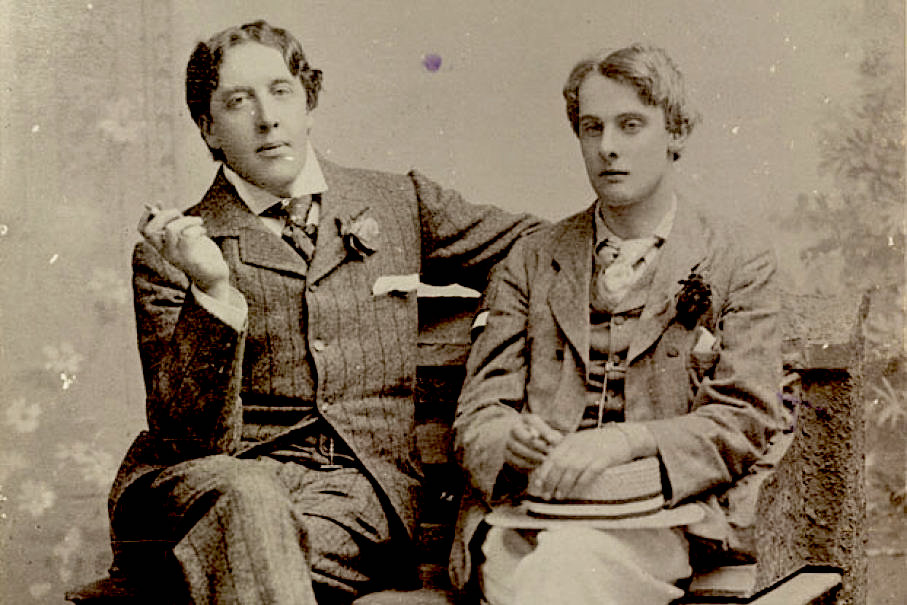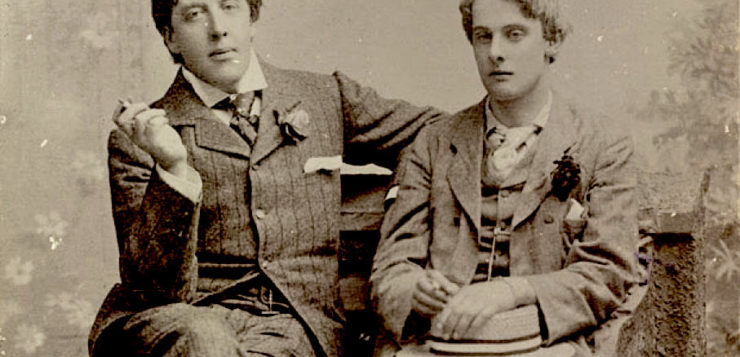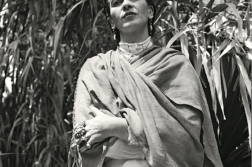Editors Note: Our last issue included a feature-length review of an exhibit at the Met in New York titled Camp: Notes on Fashion. While author Cassandra Langer took a somewhat dim view of the collection, Chris Freeman was inspired to write this piece.

Robana via Getty Images.
At the cross-examination, on the morning of Wednesday, April 3rd, Wilde began by lying about his age. Since he had gone to university with Carson, that was a bad idea. It went downhill from there.
All afternoon he was asked about numerous young male friends: Taylor, Wood, Shelley, Conway, and others, with questions like, “How old was he?”, “Did you ever give him money?”, and “Did you ever open his trousers?” (Trial, 194-213). Thursday morning, things went from bad to worse. When asked about hosting young Charles Parker for tea, Wilde replied: “I delight in the society of people much younger than myself. I like those who may be called idle and careless. I recognize no social distinctions at all of any kind, and to me youth—the mere fact of youth—is so wonderful that I would sooner talk to a young man half an hour than even be, well, cross-examined in court” (Trial, 175). The gallery laughed; the judge and jury did not. Questioning about Parker takes up more than ten pages of the transcript; Wilde’s side of the dialogue reads more like a man being interviewed for a puff piece than a court proceeding.
Chris Freeman teaches at the University of Southern California. He is co-editor of the forthcomingIsherwood in Transit (University of Minnesota Press, 2020).






